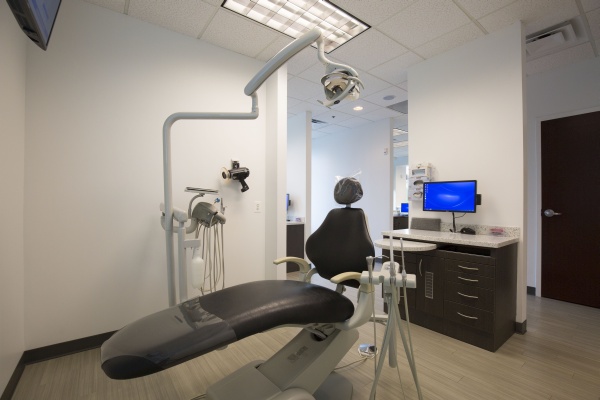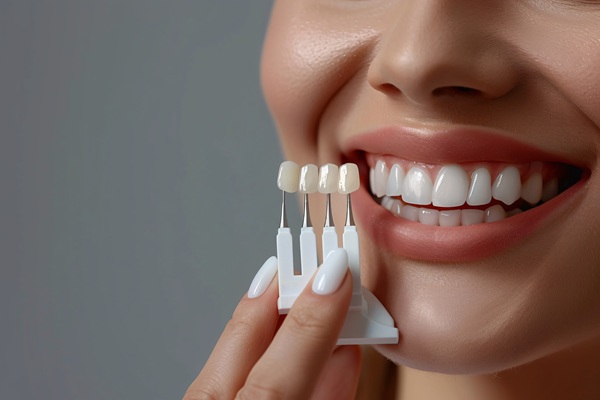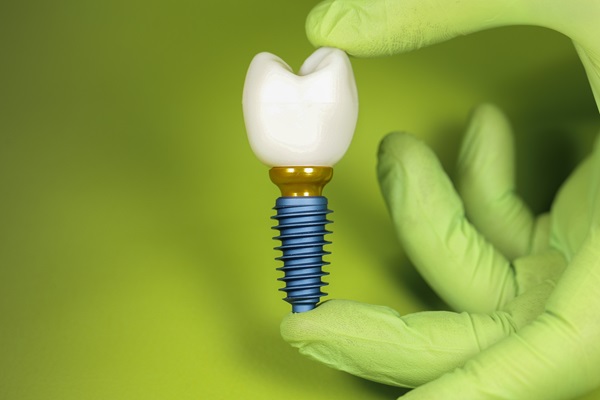What to Expect During Your First Visit to a New Dental Office

Your first visit to a new dental office can be a time of great anxiety, especially since you do not know what to expect. The good news is that going to a new dentist is simple, and by understanding what the first visit will entail, you can make sure you are prepared. The dentist will primarily focus on getting to know you as a patient during the first visit, though a cleaning and exam are also typically part of the plan.
The first visit to a new dental office: Preparation and tips
Before patients visit a new dental office, they should understand what goes into the first visit, also called the intake. This initial consultation may take longer than a standard visit because the office needs to collect more information from the patient.
Filling out paperwork
The first step in any visit to a new dentist is to fill out paperwork detailing the patient’s oral health history, any existing concerns, and other useful information, such as insurance details. The information required will vary by office, so be sure to bring photo identification, insurance details, a list of medications, and notes about family dental history, if possible.
Meeting the team
The first visit to a new dental office is a great time to meet the employees, from the front office staff to the dentists and hygienists. Patients can tour the office and meet the people who will be assisting them with their oral health concerns going forward.
Getting the opportunity to meet these professionals before working with them means they are not strangers when the exam happens. It also lets patients see the state of the office, such as whether it is clean, organized, and supportive of the dental work that goes on inside.
Undergoing baseline data collection
When it is time for the patient to go into an exam room, the dentist or a hygienist will begin the process of collecting their baseline dental information. This usually includes taking bitewing X-rays to visualize the patient’s mouth so the dentist has a more complete picture of the oral cavity.
By taking these images and notes now, dentists can begin to build a patient history. This way, they can track changes over time, potentially identifying problematic developments before they worsen.
Getting an exam
Most first visits end with an exam and possibly a cleaning. This promotes a healthy smile and gives the dentist the opportunity to examine the mouth directly for problematic elements, such as signs of oral cancer or decay. Based on what is discovered, the patient and dentist can decide what to do next.
Create a good relationship with your new dental office
Visiting a new dental office is a great way to take charge of your oral health from the ground up. Our dentist will take a comprehensive history to establish your file and begin charting your oral health over time. If any problems arise, they can be caught early. Contact our office to schedule your appointment!
Request an appointment here: https://dicksonfamilydental.com or call Dental Partners Dickson at (615) 931-4088 for an appointment in our Dickson office.
Check out what others are saying about our dental services on Yelp: Dental Office in Dickson, TN.
Related Posts
A general dentist helps patients prevent oral health concerns before they become problems. A dental checkup is the key way they achieve this. However, there are other preventive dental services that general dentists offer to boost oral health for patients of all ages.Preventive dental services focus on maintaining oral health and avoiding the development of…
Teeth whitening treatments can help you achieve the bright smile you have always wanted. Dentists have two main options they offer patients regarding whitening their teeth: professional teeth whitening and at-home whitening kits. Professional teeth bleaching treatments can be broken down into conventional and laser whitening treatments.These two teeth-whitening alternatives use peroxide-based chemicals as bleaching…
Considering dental crowns? Read on to learn more about this restoration option. Dental crowns can address a number of issues, ranging from cavity treatment to stain coverage. However, despite being a common and successful treatment, there are a few factors to consider ahead of time.Below is a quick rundown of what to know before getting…
The popularity of dental implants is on the rise, and for good reason. They are known as the closest tooth replacement option to natural teeth. In this way, they not only restore the natural appearance of a person's smile but also restore its original function.Though dental implants offer many exciting benefits, they may not be…


